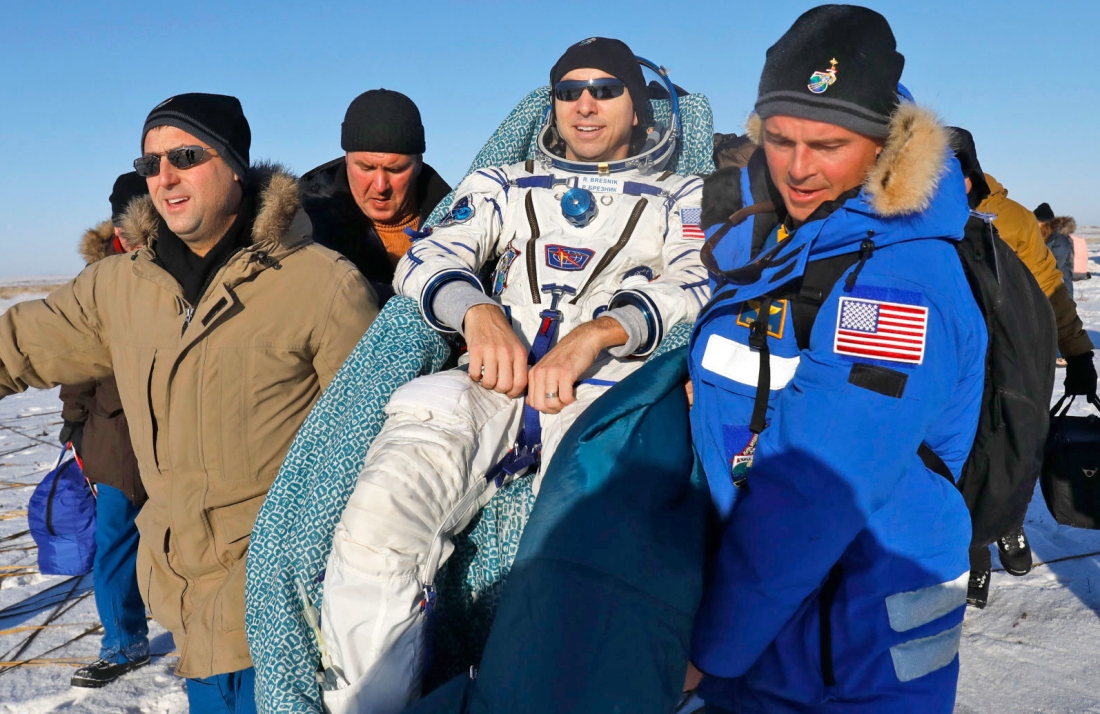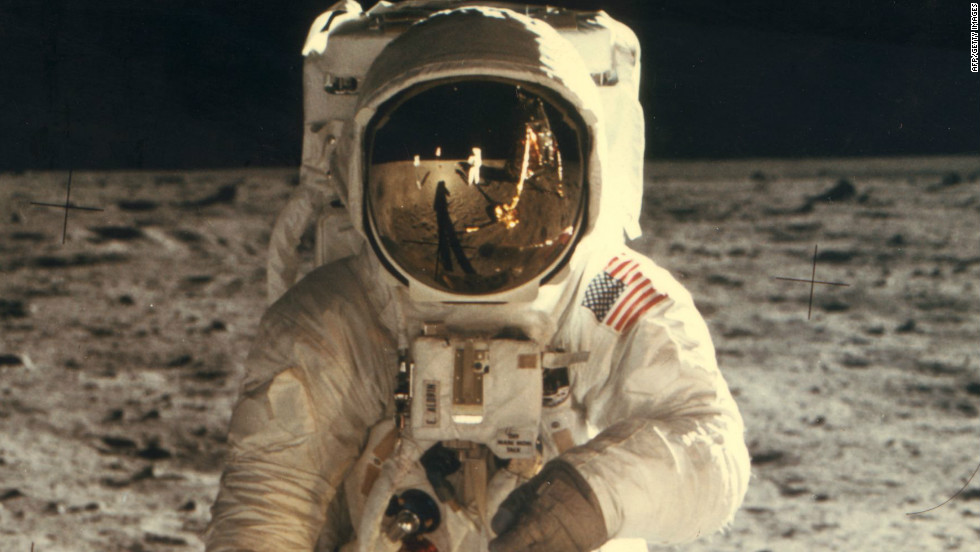Freeing one's self from the grips of Earth's gravity may sound liberating but as astronauts regularly attest to, life in microgravity isn't as peachy as it sounds. Even when devoting at least one hour each day to exercise, astronauts typically require months of physiotherapy following an extended stint on the International Space Station (ISS).
Muscle loss isn't a major concern for astronauts right now but that will change when it comes time to send the first humans to Mars which is why NASA is already hard at work on a possible fix.
One potential solution NASA is working on involves a medication called Formoterol which is used to manage ailments like asthma and COPD by relaxing muscles in the airway.

As part of an experiment called Rodent Research-6 (RR-6), NASA in December sent two groups of 20 mice with medical implants to the ISS. One group came home in January with the other group due back sometime this month. The implant is a nanochannel drug delivery chip that administers Formoterol. NASA wants to see if the medicine - and the implant - could be used on humans to help with muscle loss during lengthy periods in microgravity.
Should the implant prove successful, it could also be used here on Earth to treat all sorts of conditions and administer medication in a smooth and continuous manner, thus avoiding spikes in dosage that could lead to unwanted side effects. It would also be convenient to not have to remember to take medication.
The device hasn't yet been approved by the Federal Drug Administration so it'll likely be quite a while before it is tested on humans.
Second photo via Dmitry Lovetsky, Getty Images
